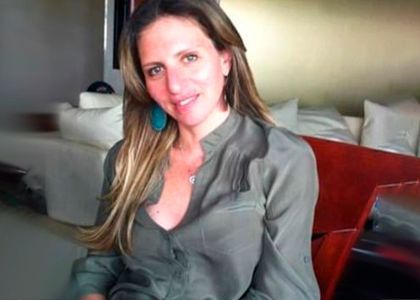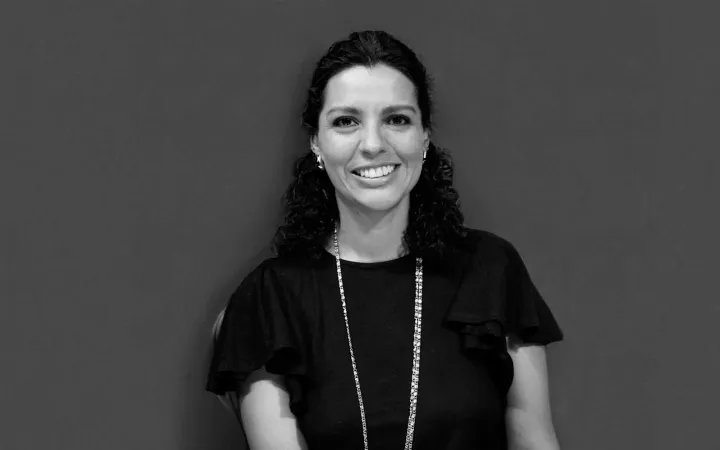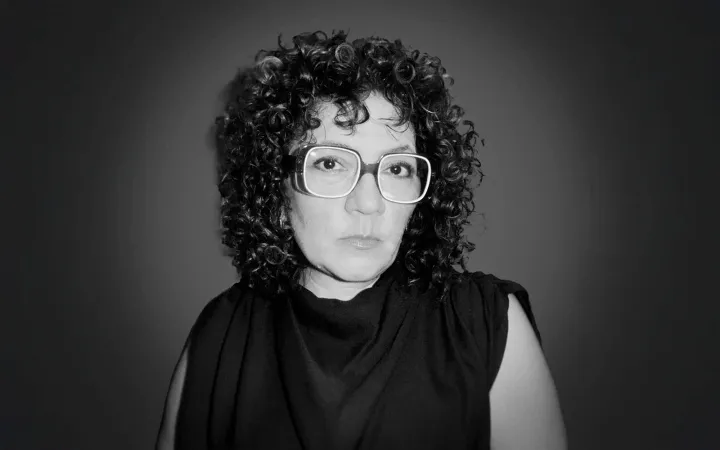
Por Linda Atach

Va para mi amiga Faryde y para Sacnicté y su eterno descanso.
El suicidio no puede sino prevenirse o lamentarse, hagamos lo primero para que los sobrevivientes no tengan que hacer lo segundo.
Andoni Ansean, Presidente de la Fundación española de la prevención del suicidio.
Aimée se quitó la vida la semana pasada, Ramiro hace dos y es posible que Lorenzo, Ana y Gabriel lo hagan el mes que viene, sumiendo a los suyos en una tristeza perenne y un vacío tan incómodo como difícil de explicar. Y es que quienes sobreviven a las personas que deciden quitarse la vida continuán la suya con el alma herida y una culpa que los cuestiona y tortura: “Jamás pensé que estaba tan mal”, “se veía feliz”, “seguramente pudimos haber hecho algo por él”, “¿por qué no me dí cuenta? ¿Por qué no la cuidé más?” “Soy una mala madre”, “fui el peor hermano”, “me duele haber sido padre ausente”, “fuimos unos egoístas”.
En el mundo, cada año se suicidan más de 700,000 personas. El dato es fuerte y aunque debería ser un llamado urgente para atender las causas y prevenir este fenómeno, aún estamos lejos de entender que el suicidio tiene una relación natural con enfermedades mentales, los traumas de infancia llevados a la adultez y por supuesto, las conductas que surgen de éstos y que complican las relaciones y la existencia al grado de que las personas necesiten ponerles fin para dejar de sufrir.
La incomprensión fomenta la satanización y el ocultamiento. En el caso del suicidio, esto se suma el daño de los imaginarios colectivos y las creencias de la concesión divina de la vida y la muerte, las nociones de lo correcto y la promoción del estoicismo y su infame idea de seguir y soportarlo todo: hay pesos difíciles de cargar, como el de un joven que no halla el suficiente apoyo para manifestar su sexualidad, el del padre de familia incapaz de hacer frente a sus responsabilidades económicas, el refugiado que no encuentra un lugar en el mundo, o el de la joven abusada en la infancia que no ve la manera de salir los dolores emocionales y los estragos físicos que le impiden fluir en una relación.
Lo qué sucede en México es revelador: cada año se quitan la vida 6 de cada 100,000 personas, lo que ubica al suicidio como la segunda causa de muerte de la población de entre 15 y 29 años de edad. La pandemia no ayudó; sólo en 2020 se reportaron 7,896 suicidios y 3,665 intentos, con un aumento de casi 1000 en 2021. Además de afirmar con estos datos que la tendencia va a en aumento, vale la pena subrayar que la tasa del suicidio en las mujeres se ha cuadriplicado en los últimos 20 años. Algo serio debe estar sucediendo en el tejido social y emocional de nuestro país.
Una buena amiga me confiaba que el suicidio de su hermana de 20 años se convirtió en un parteaguas en su vida, y que, además del implacable cuestionamiento sobre lo que pudo ser y no fue -del que en pocas ocasiones se libera-, ella sobrevive dedicada a la tarea de transformarse y construir su esperanza a diario. Sé que lo hace para no hundirse en la pena que siempre acecha, pero también por ayudar a los demás y para evitar que otras familias transiten por el drama que marcó a la suya.
El día mundial de la prevención del suicidio se conmemora cada 10 de septiembre desde 2003, pero aún nos quedan muchas tareas pendientes, pues si bien se lanzó el Programa Nacional para la Prevención del Suicidio en 2020, la Auditoría Superior de la Federación señala que México sólo invierte un 2% del total del presupuesto en salud a la salud mental cuando la OMS recomienda un 10%. Esto se suma a que al menos el 85% de las y los mexicanos con estos problemas no recibe atención ni tratamiento.
Los últimos datos se conectan de manera orgánica con las conclusiones de mi amiga. Ella afirma que en nuestra carrera hacia el éxito dejamos de lado la importancia de dialogar y la necesidad de sentir, intercambiar, solicitar y brindar apoyo. Subrayo esto porque para ella, como para la mayor parte de los que sobreviven al suicidio de un ser amado, la prevención empieza cuando se habla de lo que nos hace daño o cuando tenemos el rol de la escucha atenta, que recibe las emociones del otro con respeto y empatía.
Casi todo acaba siendo un tema de humanidad: abandonar nuestros prejuicios a favor de un intercambio respetuoso sienta las bases de la supervivencia colectiva. Urge hacerlo. No queremos más suicidios.
Fuentes: Organización Mundial de la Salud (Datos de 2023).
Observatorio Nacional del Suicidio en México.
Instituto Mexicano del Seguro Social (IMSS)
Las opiniones expresadas son responsabilidad de sus autoras y son absolutamente independientes a la postura y línea editorial de Opinión 51.






Comments ()